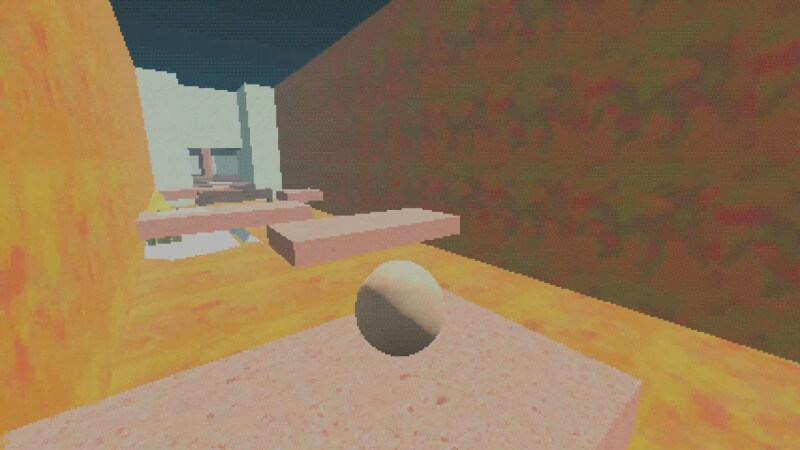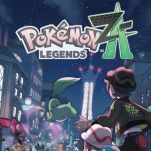Wait, That Egg Game is Evil, Actually

Last week, we published an article about Terry Cavanagh’s new 3D platformer, Egg, a game that, as the title suggests, is about playing as an egg. In the post, I characterized it as a breezy, whimsical time, even if it offered some signs of resistance.
However, having now played the game to credits, I’d like to offer a redaction and a firm apology for neglecting my journalistic due diligence: it turns out that Egg is a little bit evil. I don’t say that as a slight against the game, but to signal what kind of experience it is. To put it succinctly, it’s got shades of Getting Over It with Bennet Foddy, combined with a surprisingly cryptic structure. In short, it’s kind of diabolical.
To back up a bit and explain the game for those who aren’t caught up, last Thursday acclaimed game designer Terry Cavanagh (Super Hexagon, VVVVVV, Dicey Dungeons) unexpectedly uploaded a new game on Itch.io, called Egg. It’s a freeware title that runs in browsers via HTML5. Its tags are the following: 3D Platformer, egg, and Godot (a free and open source game engine).
On the surface, everything about the game seems innocent enough. Things begin as your egg awakens from its slumber, bouncing out of a carton inexplicably placed on a precarious cliffside. The world is pixelated and covered in a lo-fi sheen reminiscent of early polygonal games. It’s very inviting, and for anyone with fond memories of character platformers from that era, it’s hard to ignore this call to eggy adventure.
Adding to its pick-up-and-play qualities, the controls are quite simple: use the arrow keys (or joystick on the controller) to move and hold the space bar to charge a jump. As you charge, there’s a little notching sound that plays up to three times, indicating the strength of your incoming leap. Basically, your jump is set to four possible distances: a little hop, a solid jump, a big leap, and a downright launch. On top of this, unlike most contemporary platformers, there is no air movement, and once you’ve picked the direction you’re facing and the charge level of your jump, you’re locked into that trajectory.
Up front, the retro aesthetic and straightforward control scheme convey a central simplicity and sense of lighthearted fun. The world is bright, and you leap between grassy outcroppings. Sure, your egg will occasionally take a spill into the abyss, but the checkpoints are so plentiful that there’s hardly any progress lost.
But then things start to get hard. At one point, as I missed a jump and fell into an unexpected cavern, I found a chasm that could only be navigated by jumping onto moving blocks. As previously mentioned, you don’t have any real aerial control once you’ve left the ground, meaning it’s quite hard to land on a moving target; unfortunately, to get across, you need to do so multiple times. Cue my egg falling into a pit dozens of times.
-

-

-

-

-

-

-

-

-

-

-

-

-

-

-

-

-

-

-

-

-

-

-

-

-

-

-

-

-

-

-

-

-

-

-

-

-

-

-

-








































